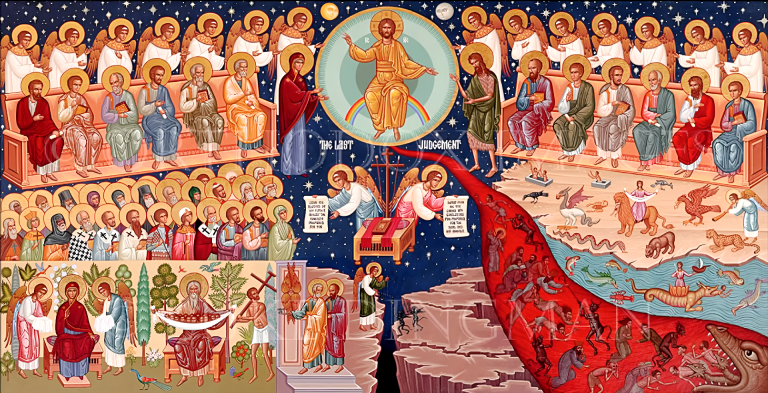Few best-sellers of the past have gone as completely out of fashion as John Bunyan’s book, Pilgrim’s Progress.
It chronicles the journey of a man named Christian as he passes through the world’s temptations to salvation. One of the places he passes is the great city of Vanity Fair. In Pilgrim’s Progress, the complex metropolis of Vanity Fair was the opening to perdition.
A magazine of the same name, Vanity Fair, began publishing in 1913. At the time, Pilgrim’s Progress was required reading. So, every literate person knew that the original Vanity Fair was a gateway to Hell. The most enlightened embraced the new magazine as they trod their own way down the broad path.
Conde Nast named his magazine Vanity Fair with the conscious recognition that it was going to be an open alternative to America’s Protestant Christianity of the day. It fact, Vanity Fair was a sign of the beginning of the end of American Protestantism in society.
Previously, there was no social structure that could openly offer moral opposition to the huge Mainline denominations that were the largest religious structures in the nation. With the publication of Vanity Fair, those who forsook religion had at least some little bit of status to grasp. They delighted in the opening salvos of the war against Christianity in America.
Vanity Fair not only describes the activities of those who focus their lives on the here and now, but also describes the elevation of Vanity. Vanity became “fair”, as in “fair-haired boy”. Inserting a comma between Vanity and Fair shows the elevation of Vanity as “fair”, meaning “favored”. Reading the title that way lets us see that Vanity Fair is Vanity Favored. That is a First Commandment violation.








